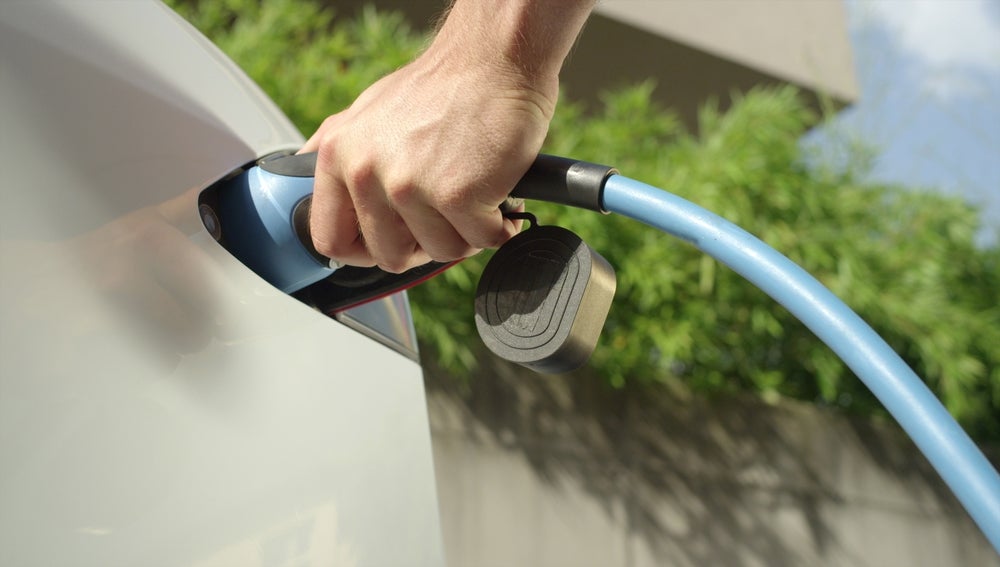
China’s passenger vehicle (PV) deliveries rose by 2.6% year-on-year to 6.3 million units in the second quarter of 2024, according to Fitch Ratings.
This increase followed the dissipation of the low-base effect. However, domestic retail volume fell by 5%, offset by a 29% surge in exports. The domestic market’s weakness was driven by a 23% drop in internal combustion engine vehicle (ICEV) sales, despite retail discounts reaching a record high of around 23% in June 2024 for both mass-market joint ventures (JVs) and luxury brands. The sector’s profitability remained weak, with automakers’ average gross margin hovering around 12.5%.
German luxury brands curtail discounts
In a strategic move to preserve brand value and margins, German luxury car manufacturers BMW, Mercedes-Benz, and Audi have reportedly reduced discounts in China as of July 2024. This decision follows efforts to lower dealer inventories to a comfortable 1.03 months by June. It is also seen as a pre-emptive measure against potential retaliatory import tariffs. In contrast, mass-market JV brands may hesitate to follow this approach, with Chinese new-energy vehicle (NEV) makers closely targeting their customer base.
NEVs gain traction
The share of new-energy vehicles (NEVs) in China surged by 10 percentage points quarter-on-quarter in Q2 2024, reaching a new high of 46.6%. Plug-in hybrid EVs (PHEVs), including extended-range EVs (EREVs), grew by 64% year-on-year, accounting for over 40% of China’s EV market. Battery EVs (BEVs) also saw steady growth, increasing by 16% from a high base.
Diverging NEV manufacturers
BYD maintained a dominant 37% market share but faced increased competition in the plug-in segment. Traditional original equipment manufacturers (OEMs) such as Geely, Chang’an, and Chery recorded strong growth of 91%, 88%, and 321% year-on-year, respectively, benefiting from diversified product strategies and overseas expansion. In contrast, GAC AION lost market share due to muted demand from ride-hailing fleets, and SAIC Motor saw a decline in exports to Europe.
Emerging tech-driven entrants
Chinese emerging EV brands are gaining market share in both the BEV and EREV segments. Xiaomi’s entry into the market resulted in nearly 30,000 quarterly deliveries of its SU7 in Q2 2024, enhancing the visibility of Chinese NEVs. Huawei-powered AITO leveraged its strong intelligence capabilities to compete with Li Auto for the EREV market lead. Leading independent BEV companies such as NIO and Leap also reported strong quarters.

US Tariffs are shifting - will you react or anticipate?
Don’t let policy changes catch you off guard. Stay proactive with real-time data and expert analysis.
By GlobalDataBEV exports decline amid trade tensions
China’s PV exports continued to grow steadily by 29% year-on-year in Q2 2024. A decline of 11% in BEV export volume was offset by a 133% surge in PHEV exports, while ICEVs maintained robust growth at 39%. The weakness in BEV exports began before the European Commission’s pre-disclosure on 12 June 2024, indicating high import duties on China-made BEVs from July 2024. Fitch Ratings expects muted EU demand to persist until definitive duties are confirmed in November. Separately, Hyundai-Kia, Honda, and Ford significantly increased their ICEV exports from China in the first half of 2024.
FCA’s motor finance probe sparks misconduct risk concerns in UK banking sector: Fitch Ratings







